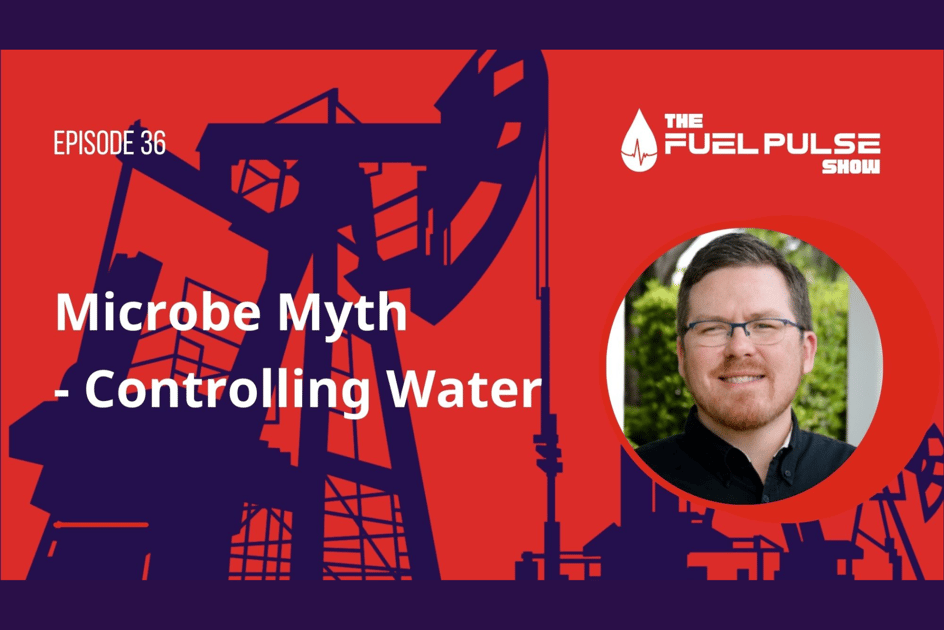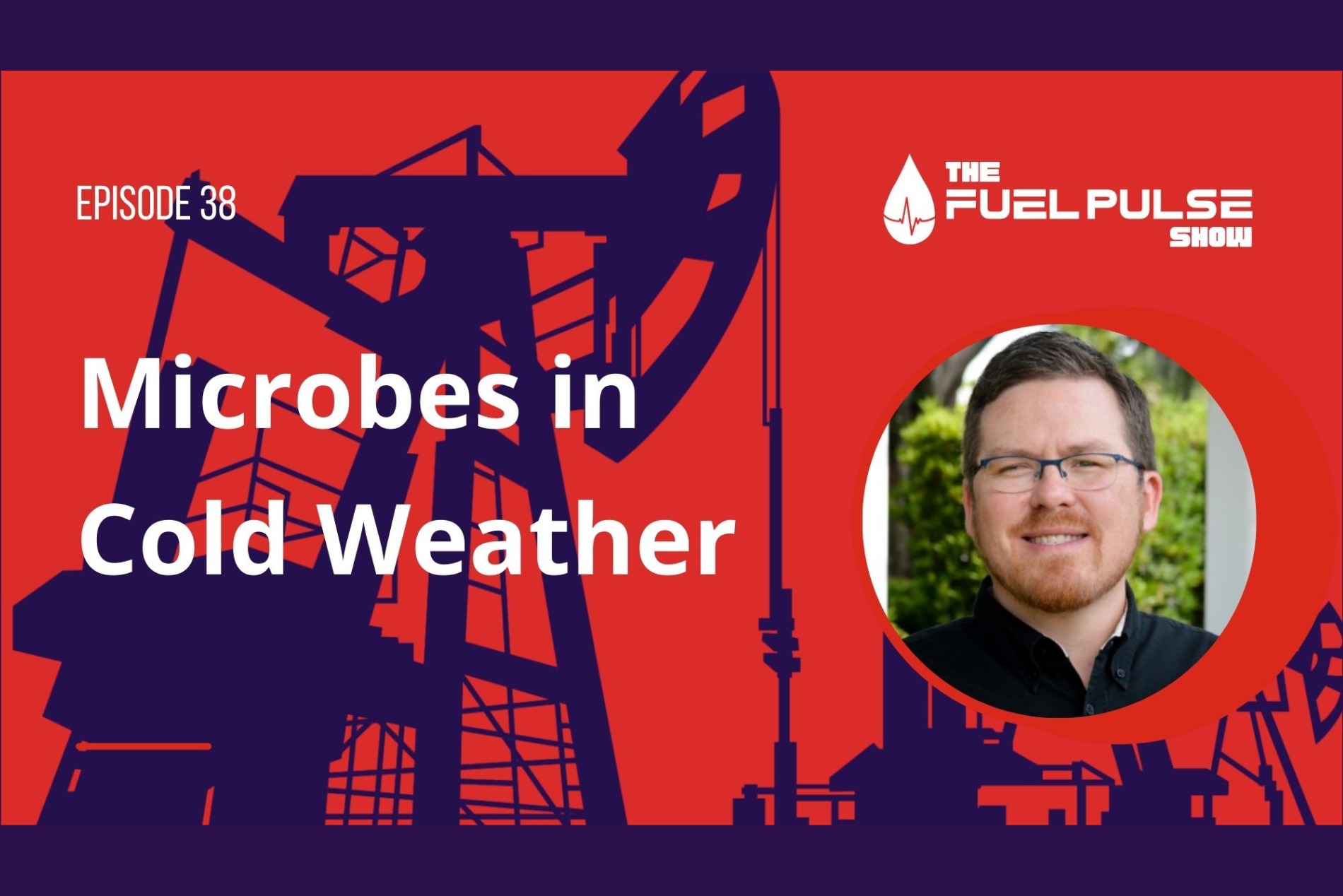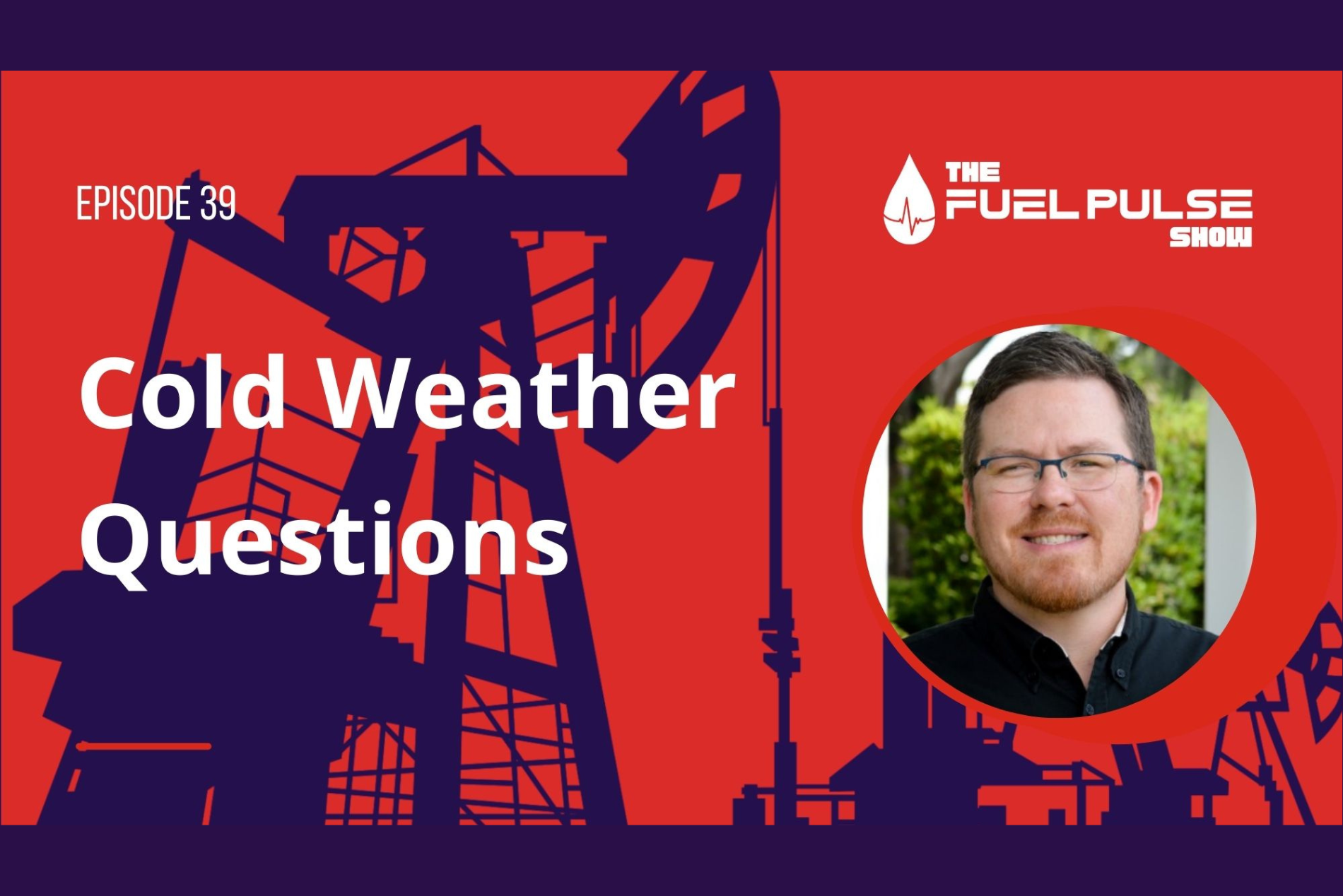Episode 038 – Microbes in Cold Weather
This week, I’ll be continuing the conversation about microbial myths that are common in the fuel industry—and that can cause expensive mistakes. In...

.jpg?width=840&height=473&name=TFP036%20(1).jpg)
Anyone who deals with stored fuel knows that microbial contamination is something they’re probably going to have to handle. Some know this is important, while for others, it’s more of an afterthought. Even so, it can be hard to sift through all of the information out there and know what to do and when to do it, so in this episode, I’ll talk about some of the most pervasive microbial myths that persist in the fuel community.
The first myth I will cover is the incorrect assumption that by controlling water, you can control the microbes in your stored fuel. You will find out why this long-held misconception came about and why this advice no longer applies today. I’ll break down the relationship between water, microbes, and fuel to give you a better understanding of how to deal with microbes in a proper and effective way.

This week, I’ll be continuing the conversation about microbial myths that are common in the fuel industry—and that can cause expensive mistakes. In...

1 min read
Knowing when to treat your fuel to avoid temperature-related gelling is key. In this episode, I’ll explain what you need to know about temperatures,...

Do you know all the signs that point to the need to use anti-gel in your fuel? We are well into the cold temperatures that start to make gelling in...